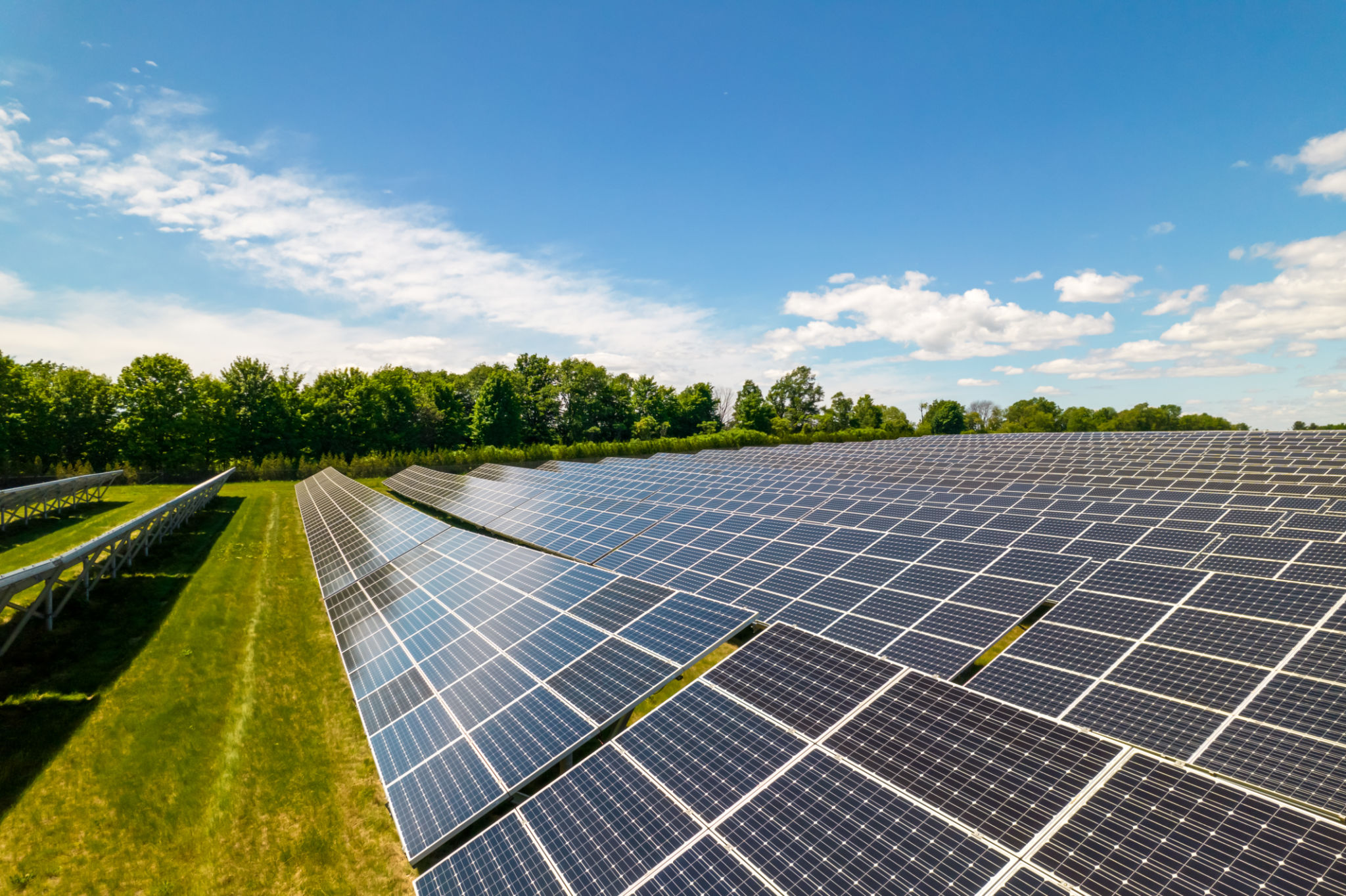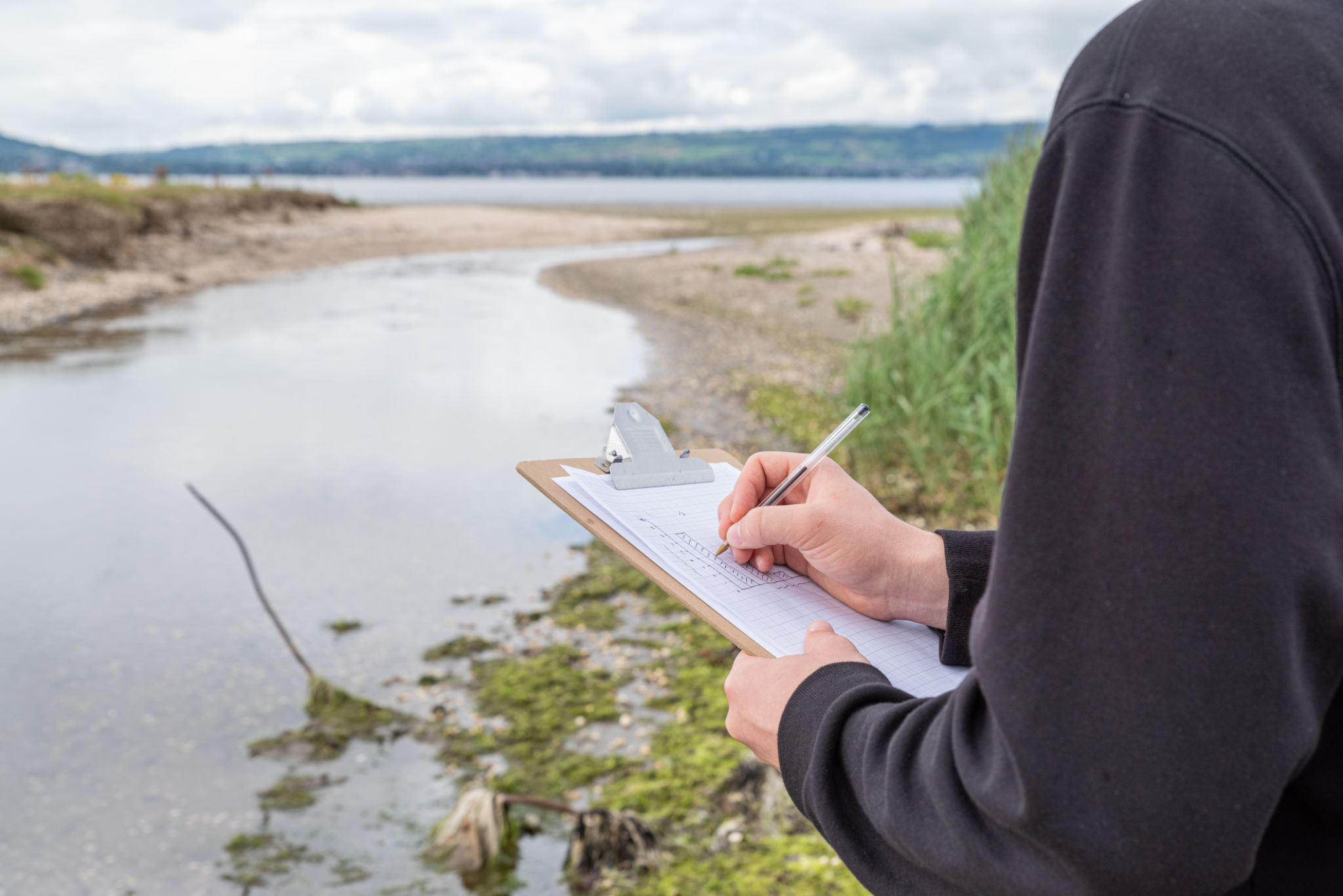Navigating UK Land Acquisitions for Solar Projects
Understanding the Basics of Land Acquisition for Solar Projects
The surge in demand for renewable energy has made solar projects a key focus for sustainability efforts across the UK. However, navigating land acquisitions for these projects can be complex, requiring a clear understanding of legal frameworks, environmental considerations, and market conditions. For developers and investors, acquiring land is a critical initial step that can significantly influence a project's success.

Legal Considerations
When acquiring land for solar projects, understanding the legal landscape is essential. The process involves various regulations, including planning permissions and environmental assessments. It's vital to work with legal experts familiar with UK land laws to ensure compliance with all necessary requirements. This might include obtaining consent from local authorities and ensuring that the land is not subject to any restrictive covenants or easements.
Additionally, the lease agreements for solar farms often span several decades, so it's crucial to negotiate terms that are favorable in the long run. Proper due diligence can prevent future disputes and ensure a smooth development process.
Environmental and Site Assessments
Environmental considerations are paramount when selecting a site for solar projects. Conducting thorough site assessments helps determine the feasibility of the project while minimizing ecological impacts. Factors such as soil quality, topography, and existing wildlife habitats must be examined closely.

Moreover, solar projects are often subject to Environmental Impact Assessments (EIAs), which evaluate the potential environmental effects of a project. These assessments are crucial for gaining planning permission and ensuring that sustainable practices are maintained throughout the project's lifecycle.
Financial Viability and Market Conditions
Assessing the financial viability of a solar project is another critical aspect of land acquisition. Understanding market conditions, such as energy tariffs and potential revenue streams, helps in making informed investment decisions. Developers must also consider costs related to grid connectivity and infrastructure development.
Furthermore, government incentives and subsidies can play a significant role in enhancing the financial appeal of solar projects. Staying updated on policy changes and available grants can provide a competitive edge in the market.

Engaging with Local Communities
Engaging with local communities is a vital part of any land acquisition process. Establishing positive relationships with local stakeholders can facilitate smoother planning permissions and reduce opposition to projects. Developers should prioritize transparency and communication to address concerns and highlight the benefits of solar energy.
Community engagement might also involve exploring opportunities for collaboration or shared ownership models, which can enhance community support and participation.
Conclusion
Navigating UK land acquisitions for solar projects demands careful planning and strategic decision-making. By understanding legal requirements, conducting rigorous site assessments, evaluating financial viability, and fostering community relationships, developers can successfully establish sustainable solar farms. As renewable energy becomes increasingly vital, these steps will be essential for advancing the UK's green energy goals.